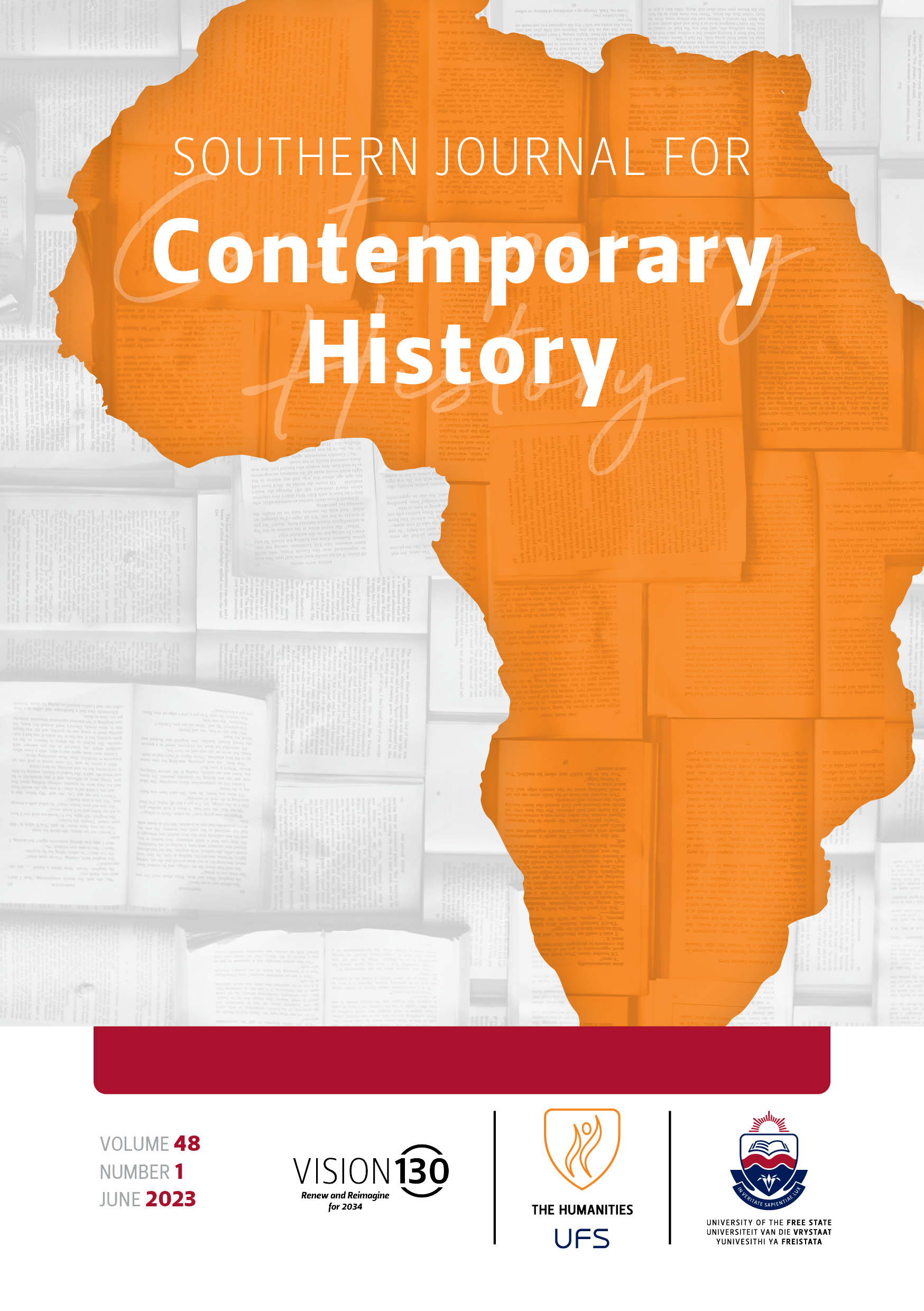“Activism in Tight Corners”: Decolonisation and the African Business Association Movement in Colonial Zimbabwe, 1953 – 1979
DOI:
https://doi.org/10.38140/sjch.v48i1.7045Keywords:
Southern Rhodesia, Racial Partnership, Decolonisation, Nationalism, Trade, Business Association, EntrepreneurshipAbstract
The article analyses the African business association movement in Zimbabwe between 1953 and 1979. It argues that African traders took advantage of the heightened African nationalist feeling of the period together with colonial anxieties around decolonisation to gain space within the colonial economy. This created an ambiguous position on decolonisation for African traders culminating in the formation of numerous business associations with the Zimbabwe African Business Union (ZABU) established in 1963 at the pinnacle of this process. With the thwarting of the nationalist movement after 1964, the African business association movement went into a hiatus emerging in 1973 as the moderate Rhodesia African Chamber of Commerce (RACC). A sister association to RACC known as the African Business Promotion Association (ABPA) emerged in 1978 to take advantage of decolonisation with the goal of winning economic space for Africans. By looking at these business associations, the study reimagines African nationalism during the critical junctures of the federal and Unilateral Declaration of Independence (hereafter UDI) periods. For example, the experiences of rural business associations like the Mt Darwin African Traders Association (hereafter Mt Darwin Association), and its leaders, in rallying African traders into forming a national association point to the role of previously unknown individuals and associations outside of urban townships such as Highfield, the capital of African politics in Zimbabwe. The article uses stories from the African-oriented press, the mainstream media and archival sources to reconstruct the experiences of African business associations during the period covered.
Downloads
##submission.downloads##
Published
How to Cite
Issue
Section
License
Copyright (c) 2023 Tawanda V. Chambwe

This work is licensed under a Creative Commons Attribution 4.0 International License.




